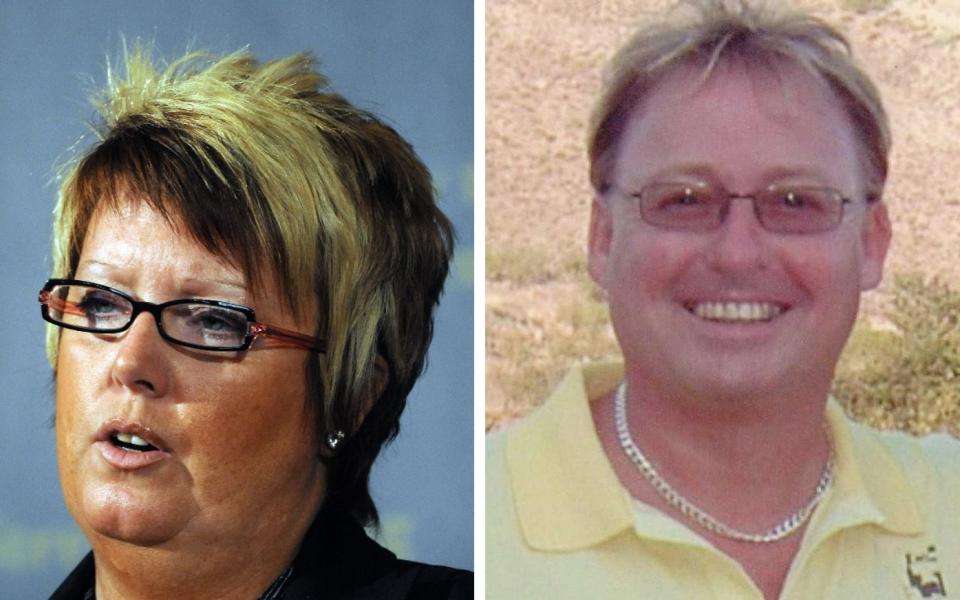Criminals motivated by misogyny should spend longer in jail, says former justice secretary

Offenders whose crimes are motivated by misogyny should spend longer in jail, Sir Robert Buckland, the former justice secretary, has said.
Sir Robert is urging the Government to seriously consider an amendment to its policing bill due before the House of Lords on Monday, which would give courts power to treat misogyny as an aggravating factor in any crime and increase sentences accordingly.
The amendment is being championed by Baroness Newlove, a Tory peer and former victims’ commissioner, who has campaigned against injustice since her husband, Gary, was murdered after confronting a gang of drunken youths vandalising her car.

It is also backed by Sir Bob Neill, chairman of the Commons Justice Committee, and Caroline Nokes, a former Home Office minister. There is a prospect that a significant Tory rebellion in the Lords could see the vote backed on Monday.
Sir Robert, a QC, former Lord Chancellor and former solicitor general, said: “The amendment is a pretty good attempt to try to make sure that the full range of offences that might be motivated by hate against someone’s gender or sex is reflected in the sentencing.
“I have never been convinced that we need to create more specific offences. That can lead to confusion and can be self-defeating. But the approach taken here is one that merits serious consideration by the Government.”
The amendment would give courts the power to treat hostility towards a person’s sex or gender in the same way as race and religion.
It would also require all police forces to record and report on the number of crimes in their area where the victim feels that the crime was motivated by hostility towards their sex or gender.
Supporters say this would enable police and other agencies to identify patterns of behaviour, making it easier to target resources to combat violence against women and girls. It would also build up a national picture of misogynistic violence, which they say is currently impossible.
Fears of 'hierarchies of victims'
The Law Commission last year came out against including misogyny as a hate crime for sentencing. It instead argued that the Government should create a new offence of street harassment, to help combat violence against women and girls.
It warned that it could add complexity to rape and domestic abuse prosecutions, making it more difficult to secure convictions and create unhelpful “hierarchies of victims”.
To counter this criticism, Baroness Newlove’s amendment proposes a “carve out”, where the new aggravated sentencing plan would not apply to sexual offences or domestic abuse.
“While these crimes are rooted in misogyny, the burden of proof means that adding them to the hate crime framework risks creating hierarchies of offences which do not reflect the incredibly serious nature of these crimes,” said a briefing paper for Baroness Newlove’s amendment.
Stella Creasy, the Labour MP who has campaigned for the amendment and this month won government backing for making breast feeding voyeurism an offence, said it would send a clear signal about how seriously the legal system takes violence against women and girls.
“There was a case in my constituency of a man who was pulling hijabs off Muslim women. That was misogynistic, as well as racially-motivated. This amendment would allow police and prosecutors to recognise both in sentencing,” she said.
The Law Commission’s own research noted there were 67,000 incidents of hate crime based on sex in 2018, 57,000 of which were targeted at women.
A poll of 1,000 UK women for a United Nations report found that while 80 per cent of women of all ages said they had experienced sexual harassment in public spaces, 96 per of them did not report these incidents. Half said it was because they did not expect anything to happen.

